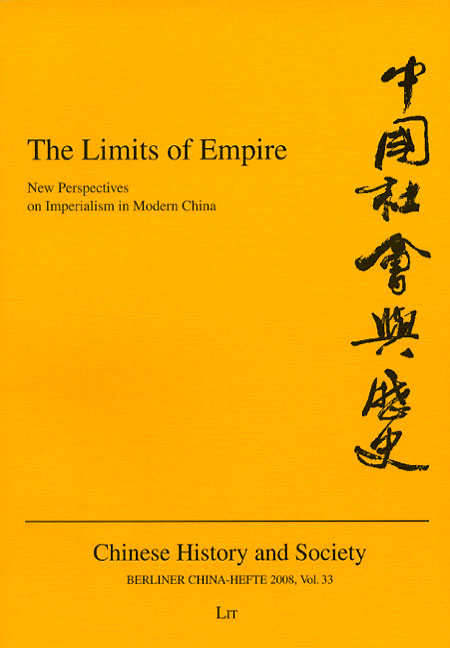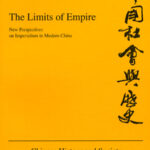Beschreibung
The contributors to this volume criticize and move beyond the limiting
conventional assumption that European Imperialism was met with cultural
ignorance and conservative Sino-centrism by China in the late 19th and
early 20th century. Based on well-researched case studies, the articles
closely examine the historical processes involved in the exchange and
transmission of ideas, knowledge and technologies between China and
Europe. By drawing on new archival materials and theoretical frameworks,
these studies shed fresh light on how Western knowledge about China was
produced through often contentious negotiations and power struggles and
how such knowledge was then deployed to reconstruct a new treaty-based
international order between China and the West after 1842. The articles
also deal with the less well-known processes of knowledge acquisition and
technological utilization in the opposite direction: the transmission of
Western technology, science, and expertise for the purpose of
strengthening the imperial Chinese government so that the latter could
sustain its rule over the large empire. Together, the articles underscore
not the inevitable rise and fall of Western imperialism in China, but
rather the active and contingent process of the making and unmaking of
both Western and Chinese empires.
Klaus Mühlhahn is Professor at the Department of History;
Indiana University Bloomington. His research interests include legal
history, human rights, Sino-Western interactions, modern Chinese social
and cultural history.


